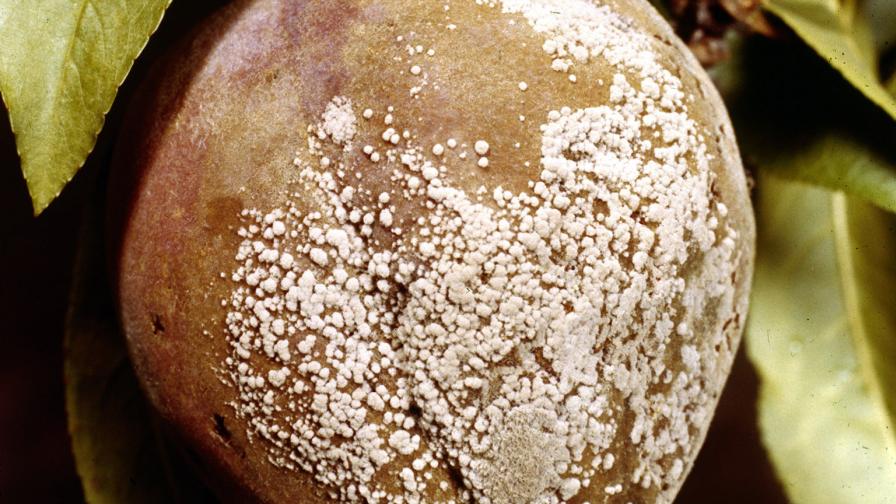Economic Recovery Hindering Globalization
Earlier this month, the Swiss Economic Institute (KOF) issued its Index of Globalization. It indicated that worldwide globalization has slowed as a result of the global economic crisis. The top five countries in the globalization index are Belgium, Ireland, the Netherlands, Austria, and Singapore. The U.S. came in ranked 34th. The lower U.S. ranking is primarily because we are a large country and can satisfy more of our needs internally, meaning trade occurs between the states.
The KOF characterizes globalization across three broad measures (economic, social, and political). The U.S. ranks lower in economic globalization (82nd) because of our large and diverse economy that removes need for trade in many sectors. The U.S. ranked 27th in social globalization and 19th in political globalization. There were 207 countries included in the ranking.
You might wonder what this means to you as producers of fresh fruit and vegetables. Economic globalization is measured by trade and investment flows and the extent to which countries apply trade and capital movement restrictions to protect their domestic economy. Our lower ranking is more reflective of our diverse economy than it is of protectionist policies we may have in place. If we were to characterize our states in the rankings as the European Union does its countries, our states would fare very well in these ranking, much better than the collective result of the U.S.Â
The global economic crisis has taken trade off of the front page and put more emphasis on domestic issues. When we are able to put this economic crisis behind us, we will see a drive for increased globalization (trade) again and our producers must be ready to meet that challenge. We have seen some successes by our producers in meeting the challenges of a globalizing market, but those successes may get harder to realize if we don’t address the issues affecting our competitiveness now.
While the global economic crisis is screaming for more austerity in government expenditures, we must be careful not to kill the goose that laid the golden egg. Technology development has been the engine of growth that has helped our economy grow in a global market. It may appear to be self-serving to promote research and development as critical to our future, but they are critical to our industry and now is not the time to cut back on those expenditures.










